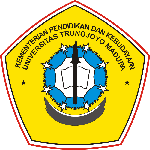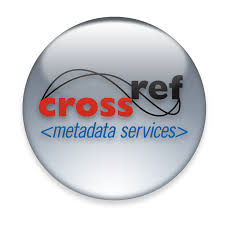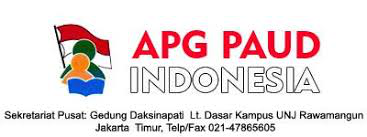PERAN ORANGTUA DALAM MENINGKATKAN PENDIDIKAN KARAKTER ANAK USIA DINI DALAM KELUARGA
Abstract
Full Text:
PDF (Bahasa Indonesia)References
Bennet, W., J. (1991). Moral Literacy and The Formation of Character. Dalam J.S. Benninga (Ed). Moral Character, and Civic Education in The Elementary School. New York: Teachers Collage Press.
Bohlin, K., Farmer, D., & Ryan, K. (2001). Building Character in School: Resource Guide. California: Jossey-Bass.
Davidson, J., D. & Regg-Mogg. (1997). The Savereign Individual: How to Survive and Thrive During the Collapse of the Welfare State. New York: Simon and Schuster.
Kohlberg, L. (1975). Moral Stages and Moralization. Dalam Lickona (Ed). Moral Development and Behavior: Theory, Reseach, and Social Issues. New York: Holt, Rineheart and Winston.
Lickona, T. (1992). Educating for Character: How Our Schools Can Teach Respect and Responsibility. New York: Bantam Books.
Megawangi, R. (2010). Pengembangan Program Pendidikan Karakter di Sekolah: Pengalaman Sekolah Karakter. Jakarta: Indonesia Heritage Foundation (IHF).
Megawangi, R. (2004). Pendidikan Karakter: Solusi yang Tepat untuk Membangun Bangsa. Jakarta: BP-Migas, Star Energy.
Miles, M., B. & Huberman, A., M. (1994). Qualitative Data Analysis: A Sourcebook of New Methods. Beverly Hills, CA: Sage.
Siskandar. (2003). Kurikulum Berbasis Kompetensi untuk Anak Usia Dini. Buletin PADU: Jurnal Ilmiah Anak Usia Dini. Vol 2: (21-22).
story=20060610220614588, diakses 16 Juni 2007).
DOI: https://doi.org/10.21107/pgpaudtrunojoyo.v2i1.1817
Refbacks
- There are currently no refbacks.
Copyright (c) 2016 Edi Widianto

This work is licensed under a Creative Commons Attribution 4.0 International License.
Diterbitkan oleh:

Program Studi Pendidikan Guru Pendidikan Anak Usia Dini, Fakultas Ilmu Pendidikan
Universitas Trunojoyo Madura.
Jl. Raya Telang PO BOX 2 Kamal, Bangkalan, Jawa Timur 69162
Telp. (031)3014239/ Fax. (031)3011506









